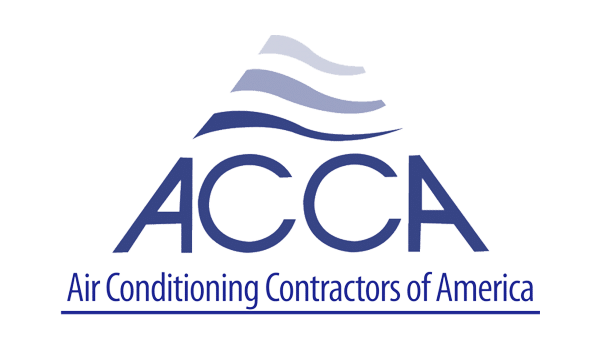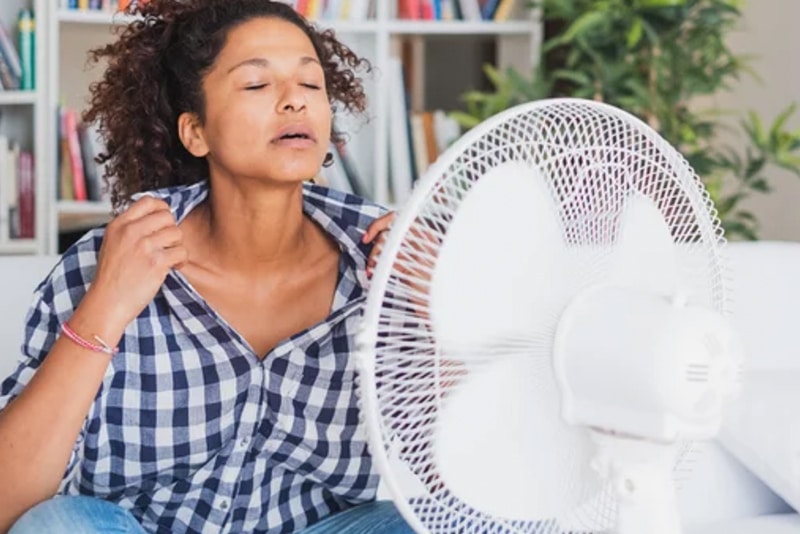Summer Humidity
Available for any type of HVAC Service
We can help






Humidity in the Summer in Northern Virginia
Optimal humidity levels to feel the most comfortable indoors is 30-50%. Maintaining these humidity levels in your home or business not only has health benefits, it can greatly enhance the comfort level for your family and team members, as well as save energy and reduce maintenance costs.
What is Humidity?
Humidity is the amount of water vapor in the air. You have probably heard the term relative humidity while listening to the weather report. Relative humidity is the term we most often use to define the amount of water vapor in the air at a specific temperature. When the air is warmer outside, it retains more water vapor, and when the air is colder outside, the air does not retain as much water vapor. This is the reason why the summer months are so humid and the winter months are so dry.
Do you ever wonder why you feel so hot and sticky in the summer?
You feel hot and sticky in the summer because the high level of humidity in the air slows down the cooling process of evaporation from the human body. The body’s method of cooling itself is by releasing moisture through sweat glands (sweating), the sweat then evaporates into the air and provides a cooling effect for the body. The sweating process is slowed when the humidity is very high because the air is already saturated with water. When the air is already saturated with water, the air cannot absorb the sweat from the body, and in turn, the evaporation process is slowed down, thus reducing the cooling sensation. Although no one can control the amount of humidity outside, the good news is, humidity can be controlled indoors to reduce or eliminate the hot and sticky feeling.
How is humidity removed from indoors?
One of the most popular methods is air conditioning. As the air conditioner runs, it pulls the moisture out of the air as the air passes over the indoor coil. Another method is using a dehumidifier that can either be stand alone or connected to the ductwork. Adding an Energy Recovery Ventilator (ERV) can help push limited amounts of moisture outside but ERV’s are more geared toward bringing in fresh air and expelling stale air from indoors rather than dehumidifying the air.
I have an air conditioner but it is still very humid inside…why?
Your air conditioner or heat pump may be oversized or if it is single speed, it may not be running long enough cycles.
When your air conditioner or heat pump is oversized, it turns on and off in short spurts, which is referred to as short cycling. When an air conditioner or heat pump short cycles, it brings down the temperature rapidly, however the cycles do not run long enough to dehumidify. Bigger is not better in air conditioning!
If you have a single speed air conditioner or heat pump, it may not be running long enough when the temperatures are relatively mild. Air conditioning capacities are determined by a calculation that takes into account the average hottest temperature in the cooling season. While this calculation takes into account the hottest average days, there are only a handful of those days a year when the temperature reaches those extremes. Plus, those extreme temperatures are generally reached only between 3:00 P.M. to 8:00 P.M. As a result, a single speed air conditioner or heat pump is more than likely oversized for the other 19 hours of the day so it will not run long enough to effectively dehumidify.
How can I reduce the humidity indoors?
This is a question posed to us on a regular basis. Over the years, manufacturers of air conditioning equipment have observed that managing humidity indoors has become even more essential. As a result, manufacturers developed two-stage air conditioners and two-stage heat pumps. This was a huge step in the right direction to address indoor humidity, however, it didn’t fully solve the problem.
Manufacturers now have perfected multi-speed units. With air conditioners now available in 5-speeds and heat pumps available up to 60-speeds, dehumidification and indoor comfort have reached unprecedented levels. Introducing multi-speed air conditioning into the equation allows the air conditioner to run longer cycles when outdoor temperatures are lower. In return, significantly more dehumidification can take place. These multi-speed units are also very efficient to operate.
What are the effects of high humidity indoors?
Optimal humidity for indoor comfort in the colder months is approximately 30-45% and in the warmer months approximately 50%. The Center for Disease Control and Prevention (CDC) says that humidity should be kept at 50% or less to prevent the growth of mold. High humidity indoors can be the cause of many issues. For example, if the humidity is too high in the heating season, the windows can sweat and eventually cause mold or mildew to form on window seals or eventually cause structural damage. When the humidity is high in the summer months, this can cause discomfort and could also cause mold or mildew growth.
THE SECRET
Remember, longer air conditioning cycles allows more dehumidification to take place. Lower humidity also means you do not need to set the air conditioning temperature so low. The Environmental Protection Agency (EPA) estimates that for each degree you turn down the thermostat, you’ll save about 4% in monthly utility expenses.

2024 Carrier President's Award
We have been awarded the 2024 Carrier President’s Award. This is Carrier’s highest honor and is presented to an elite group of Carrier Factory Authorized Dealers who have achieved excellence. We exemplify our company’s model for customer satisfaction, operational excellence, business effectiveness and delivering the best in cutting edge technology to our consumers.
- 3 Levels of Service Agreements with discounts
- Energy audits for your home or office
- We service ALL brands of heating and A/C units
Award Winning Service
Winner of Carrier’s highest honor with the 2024 Carrier Presidents Award.
Highly Trained Techs
Our technicians are trained in the latest technology to save you money and increase the life of your HVAC unit
Licence & Insured
Our service team is licensed and insured for your protection on every job we perform.
Frequently Asked Questions
What is HSPF?
HSPF is Heating Seasonal Performance Factor. This is similar to the SEER rating, except it measures the efficiency of the heating portion of the heat pump. The higher the HSPF, the more efficient the unit.
